Kosher salt is a favorite among chefs and home cooks alike. Its large, flaky crystals make it easy to pinch and sprinkle, and unlike table salt, it doesn’t usually contain additives like iodine or anti-caking agents. It seasons food evenly, enhances flavor without overwhelming it, and is perfect for brining or finishing dishes. But what if you’re halfway through a recipe and realize you’re out of kosher salt? I’ve had that exact “oh no” moment while prepping dinner, and the good news is—you have options. Several types of salt and even a few creative alternatives can work just as well.
Why Look for a Kosher Salt Substitute?
Kosher salt is less dense than table salt, meaning a teaspoon of kosher salt is lighter than a teaspoon of finer-grained salts. If you swap it with something else, the key is adjusting the quantity so you don’t oversalt your dish. Beyond that, it’s about finding a substitute that’s convenient and keeps your food tasting just right.
1. Sea Salt
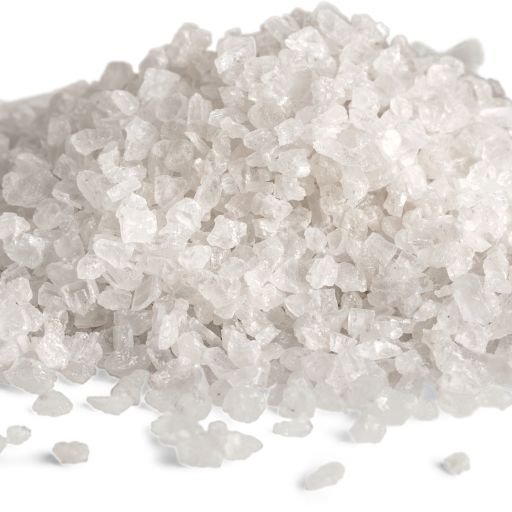
Sea salt is the closest substitute for kosher salt. It has a similar clean flavor and comes in different crystal sizes. Coarse sea salt works almost the same way in recipes—just use equal amounts. If you’re using fine sea salt, reduce the amount slightly since the smaller crystals pack more tightly.
2. Table Salt
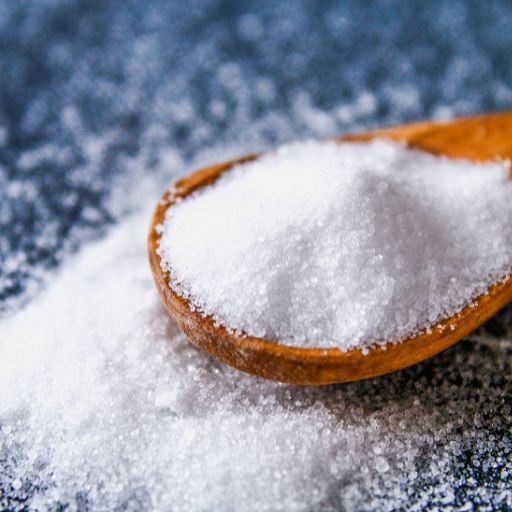
Table salt is the most common alternative, but it’s much finer and denser than kosher salt. For every teaspoon of kosher salt, use about ½ to ¾ teaspoon of table salt. Keep in mind that table salt may contain iodine, which can give a slightly different aftertaste, though most people won’t notice in cooked dishes.
3. Pickling Salt
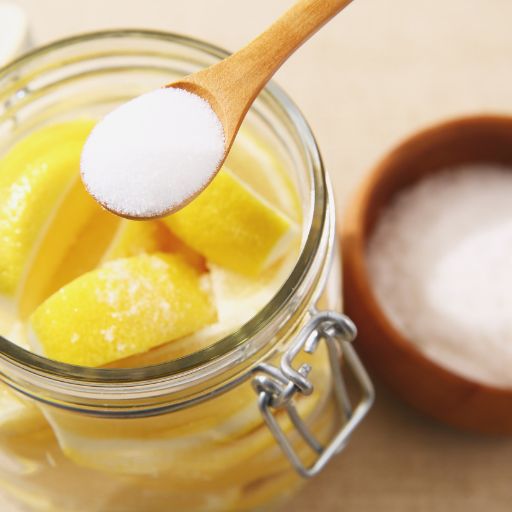
Pickling salt is pure salt without additives, and its fine texture dissolves quickly. It’s often used in brines and pickles but can work as a kosher salt substitute in cooking too. Since it’s finer, use less—start with ½ the amount of kosher salt and adjust to taste.
4. Himalayan Pink Salt
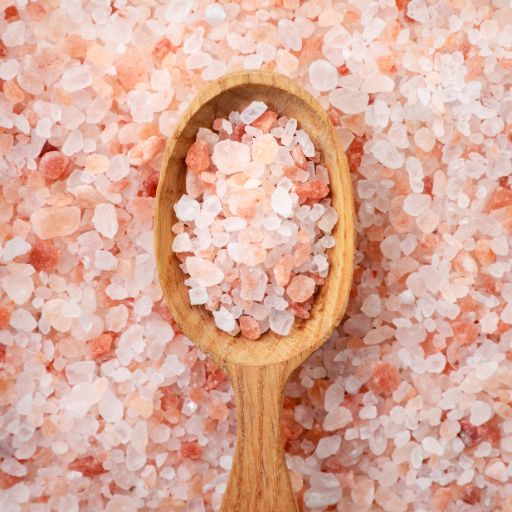
Himalayan pink salt is another excellent choice. It has larger crystals, like kosher salt, and a clean flavor with a faint mineral note. Use it in equal amounts as kosher salt. It also makes a beautiful finishing salt sprinkled on roasted veggies, meats, or even chocolate desserts.
5. Maldon Salt (or Other Flake Salts)
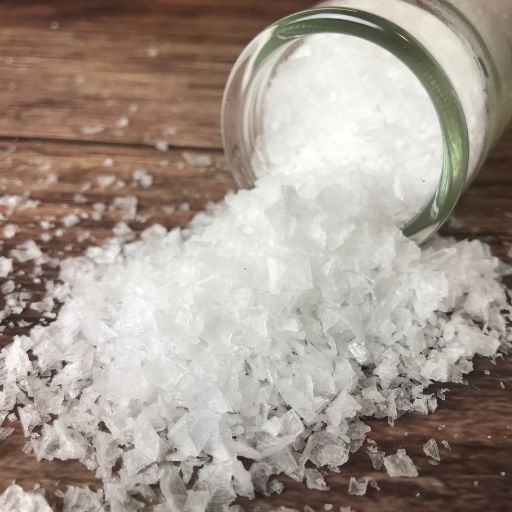
Maldon salt is a fancy finishing salt known for its pyramid-shaped crystals and delicate crunch. It’s not the cheapest option, but if you have it, it can step in for kosher salt in equal amounts. I love using Maldon on top of steaks, salads, or bread for a touch of elegance.
6. Celtic Sea Salt
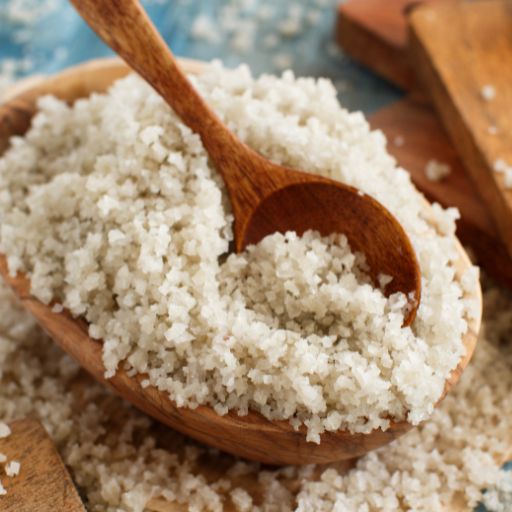
Celtic sea salt is moist and grayish, with a mineral-rich flavor. Its texture is coarser than table salt but softer than kosher salt. Use it one-to-one in most recipes, though be prepared for a slightly different flavor profile. It’s especially nice in rustic or hearty dishes.
7. Seasoned Salt (in a Pinch)

If you’re really out of plain salts, seasoned salt can work—just remember it already has added flavors like garlic, onion, or paprika. Use it in savory dishes where those extras won’t clash. Start small, about half the amount of kosher salt, and adjust as needed.
Tips for Substituting Kosher Salt
- Always adjust by texture: finer salts = use less, coarse salts = use equal amounts.
- Taste as you go: salt strength varies, and it’s easier to add more than to fix oversalting.
- For brines and baking, stick with pure salts (sea salt, pickling salt, or Himalayan) for consistency.
Final Thoughts
Kosher salt may be the kitchen favorite, but your recipe won’t suffer without it. Sea salt makes the best stand-in, table salt works in a pinch, and Himalayan pink salt brings a little flair. Personally, I keep both kosher and sea salt on hand—one for everyday cooking, the other for finishing touches. Next time your kosher salt runs out, one of these seven substitutes will keep your cooking flavorful and on track.

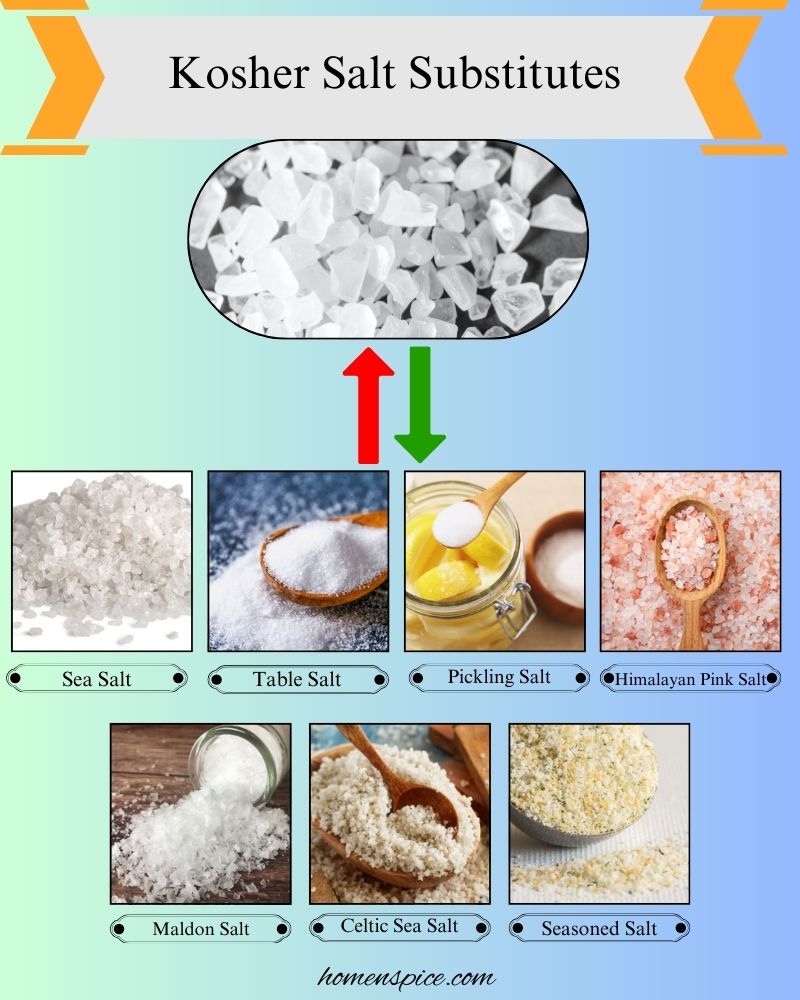



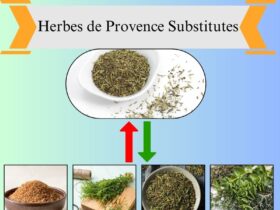
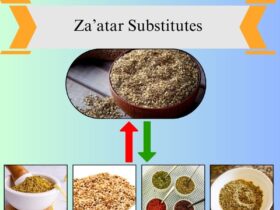
Leave a Reply